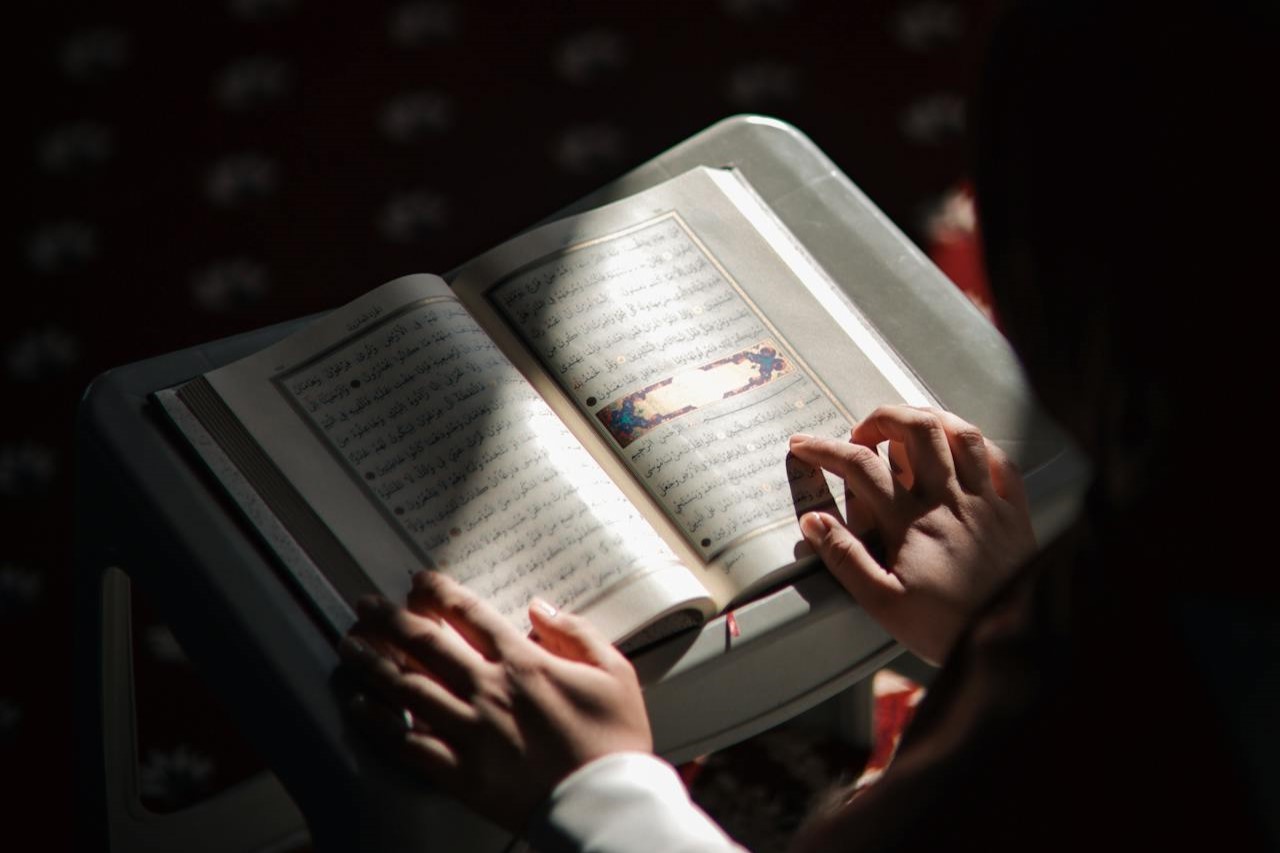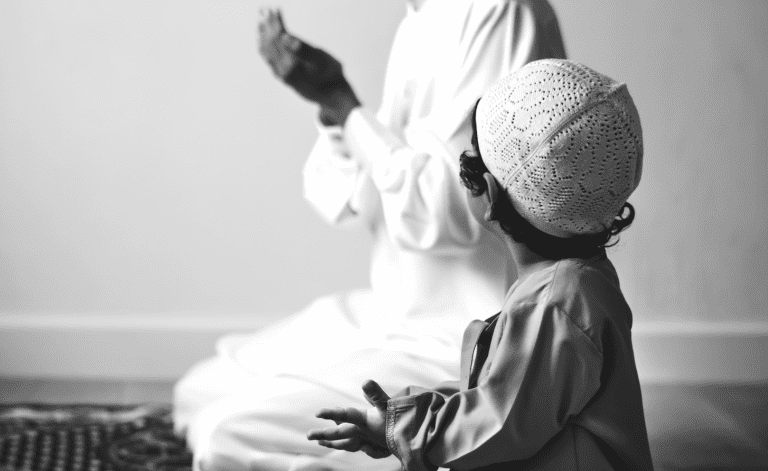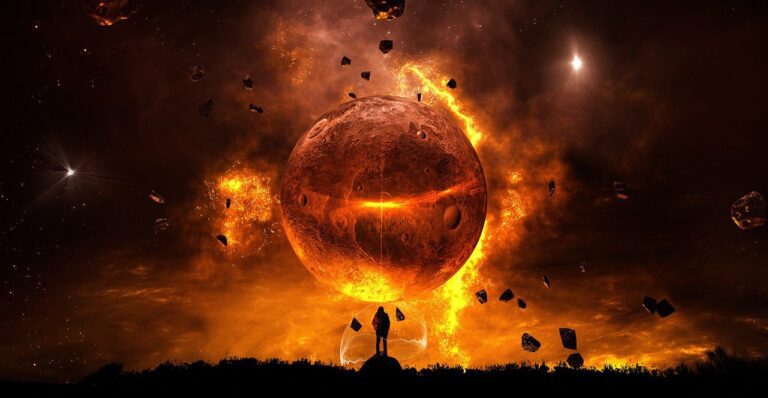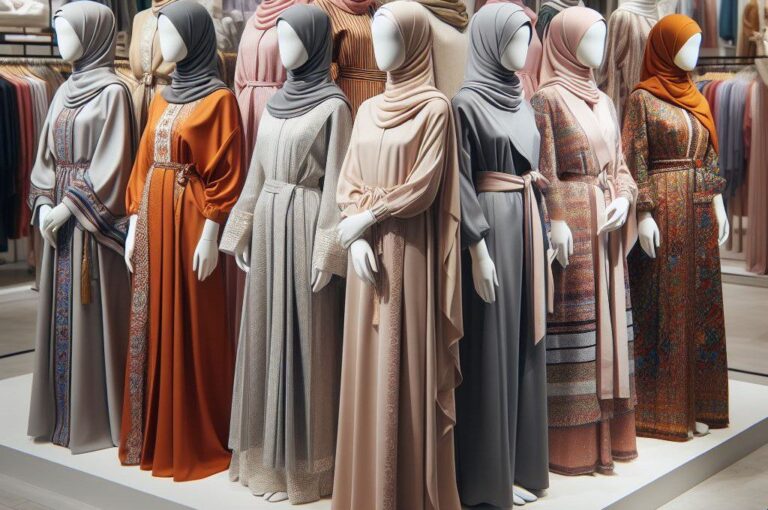Key Angels in Islam and Their Role in Islamic Faith
Angels ,the heavenly messengers, hold a special place in the heart of Islamic belief. These celestial beings, created by Allah from light, are considered obedient servants who execute divine commands without question. For Muslims, angels signify purity, devotion, and the omnipresence of Allah’s will throughout the universe. This blog post will explore the various roles and significance of angels in Islam, shedding light on their duties, interactions with humans, and the lessons they impart.
Belief about Angels in Islam
One of the six articles of faith is the belief about angels in Islam. It strengthens a Muslim’s faith by fostering a deeper understanding of the unseen aspects of Allah’s creation. Believing in angels influences a Muslim’s daily life, encouraging ethical behaviour and mindfulness of one’s actions. Knowing that angels record deeds and are present during worship can motivate individuals to live righteously.
The Quran and Hadith mentions angels numerous times, underlining their significance, presence and actions. Verses describe their creation, duties, and interactions with prophets, providing a comprehensive understanding of their roles.
The Various Names of Angels in Islam
There are expressly mentioned the angels and their duties in islam. They are servant of Allah. They don’t disobey His command and do what they have ordered. There are mentioned the names of angels and their duties among them the most famous are 4 angels in islam:
Jibril (Gabriel)
One of the most revered angels, the angel Gabriel in Islam, is also known as Ar-Ruh. He is the messenger who delivered Allah’s revelations to the prophets, including the Quran to Prophet Muhammad (PBUH). His role signifies the communication between the divine and humanity, ensuring that Allah’s guidance reaches His chosen messengers. Allah says in Quran:
“This (Quran) is indeed a message from the Lord of all worlds, delivered by the trustworthy spirit (Gabriel) into your heart (O Prophet).” [Ash Shu’ara: 192-194]
Mikail (Michael)
One of the sacred angels is Angel Mikael in Islam. He is responsible for providing sustenance to human beings and all creatures on Earth. He oversees the natural elements, such as rain and vegetation, which sustain life. His duties highlight the importance of gratitude for the sustenance provided by Allah.
Israel (Angel of Death)
Often associated with the angels of death in Islam. Israel is tasked with taking the souls of individuals at the time of their death. This angel’s role serves as a reminder of the transient nature of life and the inevitability of death. Allah says in Quran:
“Say, ‘The Angel of Death, assigned to you, will take your soul. Then you will all return to your Lord.’” [As Sajdah:11]
Israfil
Israfil is the angel assigned the task of blowing the trumpet on the Day of Judgment. His role underscores the Islamic belief in the afterlife and the accountability of human actions. The blowing of the trumpet will signal the end of the world and the beginning of the resurrection.
Malik (Guardian of Hell)
Malik angel is the guardian of Hell, overseeing the punishment of the wicked. His presence emphasizes the concept of divine justice and the consequences of straying from the righteous path. Quran states that the people of Hell will say:
They will plead, “O Malik, Ask your Lord to end our lives.” He will reply, “Indeed, you are here for eternity.” [Az Zukhruf:77]
Munkar and Nakir
These two angels Munkar and Nakeer are responsible for questioning the dead in their graves. They test the faith of the deceased, asking questions about their belief in Allah and His Prophet. Their role signifies the continuation of accountability even after death.
Kiraman Katibin (The Noble Recorders)
Kiraman Katibin are also known as the angels on shoulders in Islam. They are assigned to record the deeds of individuals, one noting the good actions and the other the bad. Their presence ensures that every deed is accounted for, reflecting the importance of conscious living and moral integrity. Quran says:
“The noble angels are recording (everything), and they are aware of all your actions.” [Infitar: 11-12]
Relationship Between Humans and Angels in Islam
Guardian Angels
There is a concept of guardian angels in Islam. Islam teaches that every individual has guardian angels who protect them from harm and guide them through life’s challenges. These angels are seen as a manifestation of Allah’s mercy and care for His creation. Quran says:
“For him, there are angels in succession, before and behind, who protect them by the decree of Allah.” [Ar-Ra’d:11]
Daily Interactions
Muslims believe that angels are present during acts of worship, such as prayer and Quran recitation. Their presence serves as a source of encouragement and spiritual strength, reinforcing the connection between the believer and Allah.
There are some angels of blessings mentioned in various hadith as enter into you houses when you performed various acts like seeking Islamic knowledge, recitation of Quran, sleeping in state of wudu, sending durood on Prophet (PBUH), spending for sake of Allah and sitting in mosque etc. They are countless in numbers and sends blessings upon you and your homes.
 Angels Protecting the Holy Quran
Angels Protecting the Holy Quran
Angels play a crucial role in safeguarding the Quran. From its initial revelation to its preservation over centuries, Quran is protected by angels. Jibril’s delivery of the Quran to Prophet Muhammad (PBUH) is a testament to this divine guardianship. Furthermore, angels continue to protect the Quran from distortion at the time of its revelation from heavens to earth and ensure its accurate transmission to future generations.
Common Misconceptions About Angels in Islam
Do Angels have Free Will in Islam?
A common misconception is that angels have free will or they possess divine qualities. In Islam, angels are seen as servants of Allah, without any divine powers of their own. They did not possess the divine powers of their own nor they have free will. They act solely on Allah’s commands. In Quran it is mentioned that they follow Allah’s commands without disobedience, do exactly what they are instructed.
Physical Appearance
Contrary to some cultural depictions, angels in Islam do not possess human-like physical features. They are created from light and their appearances are beyond human comprehension.

Gender of Angels
Islamic teachings clarify that angels are genderless, created by Allah solely to fulfill their divine duties. Assigning genders to angels is considered an incorrect understanding of their nature.
Conclusion
Angels play an integral role in the Islamic faith, embodying the divine connection between Allah and His creation. Their various duties, as outlined in the Quran and Hadith, provide invaluable lessons on obedience, accountability, and the omnipresence of Allah’s mercy and justice. It is crutial for every Muslim to maintain a strong belief about angels in Islam, as it enriches their faith and guides their ethical and spiritual conduct.
For further exploration of Quranic education and personalized guidance on strengthening your faith, consider reaching out to knowledgeable scholars or joining study class.








